Famotidine And Kidney Disease
Famotidine and kidney disease. 65 to 70 intravenous. In a 2016 study lead by Dr. Heres what they found.
Famotidine dosage adjustment is required in patients with chronic kidney disease. This is also one of the safest forms of antacids for kidney disease. Famotidine is partially eliminated by the kidney as unchanged drug the extent of which is dependent upon the route of administration 25 to 30 oral.
UTC Widely popular heartburn medications that block the secretion of acid into the stomach are associated with higher rates of chronic kidney disease. 65 to 70 intravenous. The phase IV clinical study analyzes which people take Pepcid ac and have Acute kidney failure.
Patients who took only PPIs reported a kidney-related adverse reaction at a frequency of 56 percent compared to 07 percent for. Famotidine is a histamine type 2 H 2-receptor antagonist that is widely used for a variety of gastrointestinal disorders. Anti rejection post-transplant medications Antirejection drugs including cyclosporine and tacrolimus can constrict the blood vessels near the kidneys leading.
Those are the two great benefits that you can reap out of sodium bicarbonate its going to work as an antacid and supports normal kidney function. This does not mean that everyone who uses PPIs will get chronic kidney disease but it is important to know that there may be a risk. You would get regular sodium bicarbonate pills and utilize it to help with your antacid and also helps support better kidney health.
78 linhas Sulfonylureas eg chlorpropamide Diabinese glyburide Micronase. Chronic kidney disease is found among people who take Famotidine especially for people who are female 60 old have been taking the drug for 1 - 2 years. Morgan Grams of Johns Hopkins University people who use PPI are more likely to develop chronic kidney disease compared to those who take other types of heartburn medication.
These data suggest that famotidine unlike cimetidine does not inhibit renal tubular secretion of creatinine. This phase IV clinical study analyzes which people who do.
There are several other studies that have found a connection between PPI use and interstitial nephritis a type of rare kidney disease that can be caused by.
The phase IV clinical study analyzes which people take Pepcid ac and have Acute kidney failure. The higher the dose or the more often they take these drugs the. Would you have Chronic kidney disease when taking Famotidine. This does not mean that everyone who uses PPIs will get chronic kidney disease but it is important to know that there may be a risk. Famotidine is partially eliminated by the kidney as unchanged drug the extent of which is dependent upon the route of administration 25 to 30 oral. These data suggest that famotidine unlike cimetidine does not inhibit renal tubular secretion of creatinine. 65 to 70 intravenous. This phase IV clinical study analyzes which people who do. This is also one of the safest forms of antacids for kidney disease.
They have replaced older drugs known as H2 blockers such as famotidine ranitidine cimetidine and others that end in tidine According to a new study PPIs are associated with an increased risk of CKD caused by repeated episodes of acute kidney injury AKI. Acute kidney failure is found among people who take Pepcid ac especially for people who are female 60 old have been taking the drug for 2 - 5 years. As with other H 2-receptor antagonists famotidine is eliminated renally and dose adjustments are required in patients with chronic kidney disease1 2 3 4 5 6. Thus famotidine does not affect creatinine-dependent measurements of renal function and is unlikely to alter the renal elimination of basic drugs. Would you have Chronic kidney disease when taking Famotidine. The elimination half-life of famotidine may be prolonged considerably in patients with severe renal impairment CrCl 10 mLmin possibly exceeding 20 hours and approaching approximately 24 hours in anuric patients. Since recommendations on the degree of famotidine dose reduction vary between references a chart review was conducted to evaluate the tolerability of varying famotidine doses in adults with end-stage renal disease ESRD.



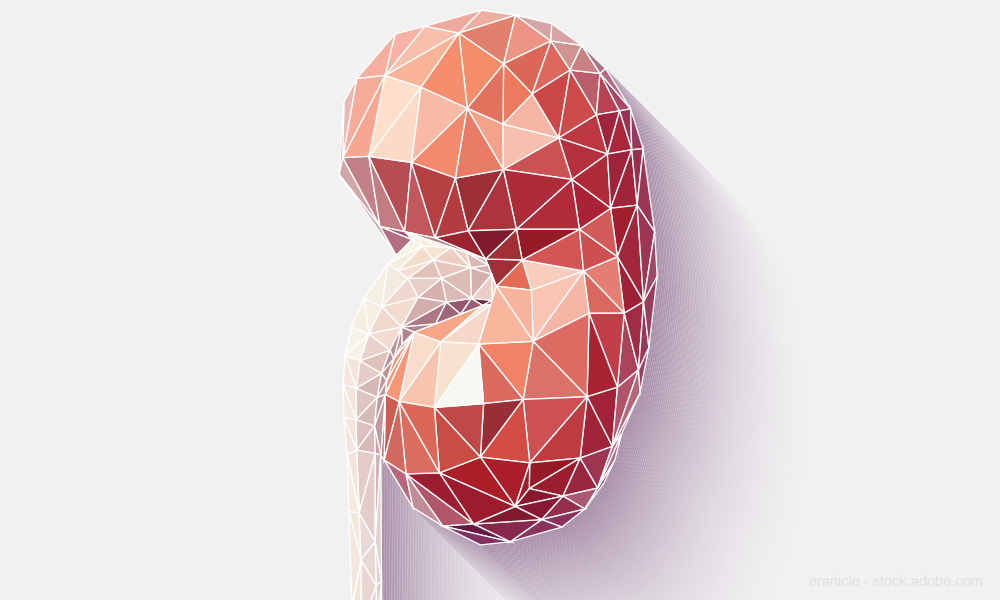


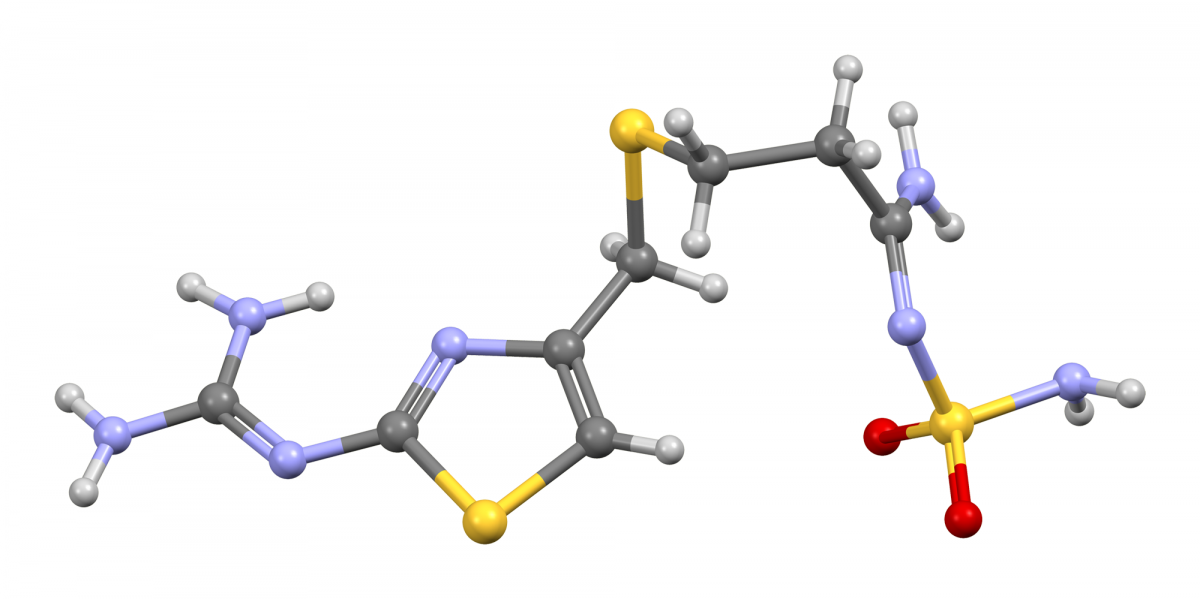
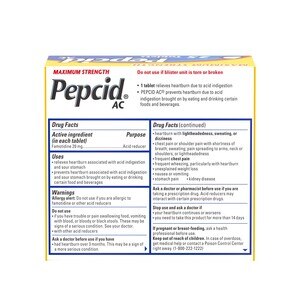





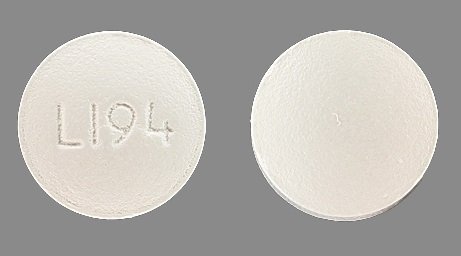

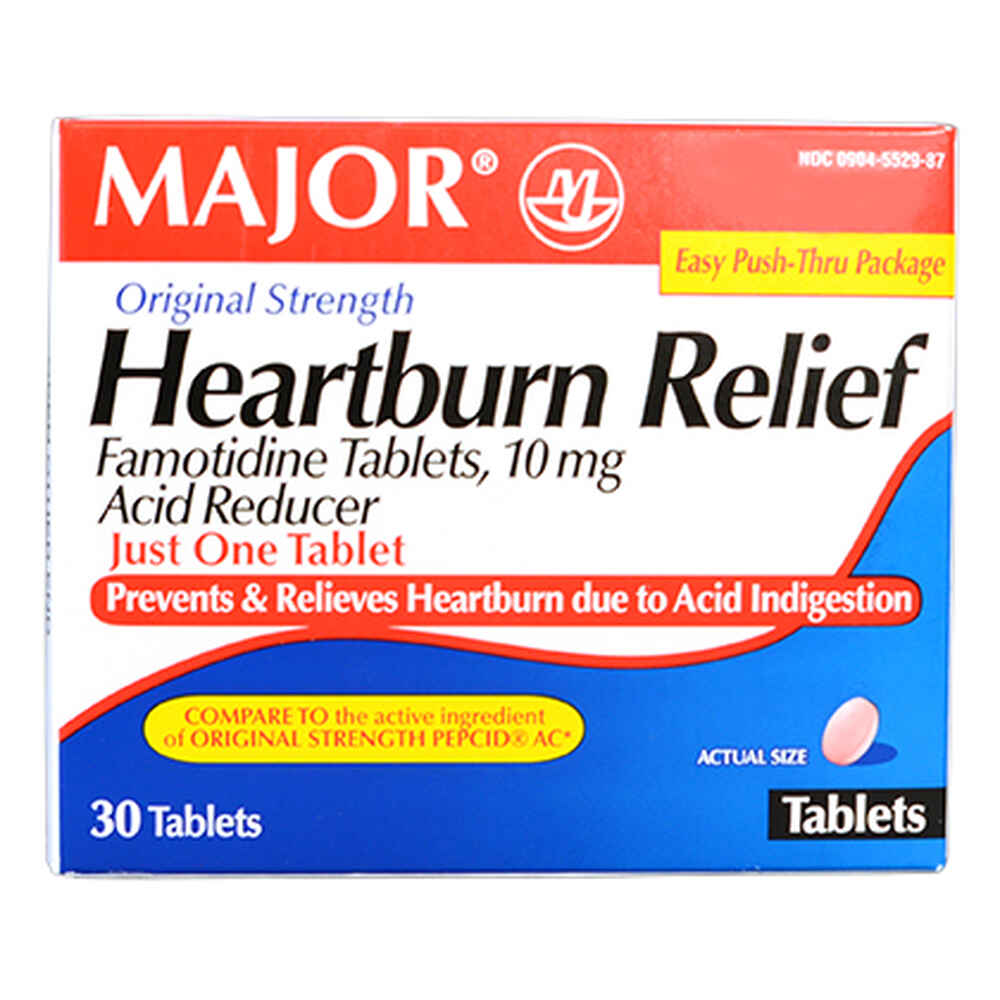
/pepcid-56b6b7b83df78c0b135b74d0.jpg)


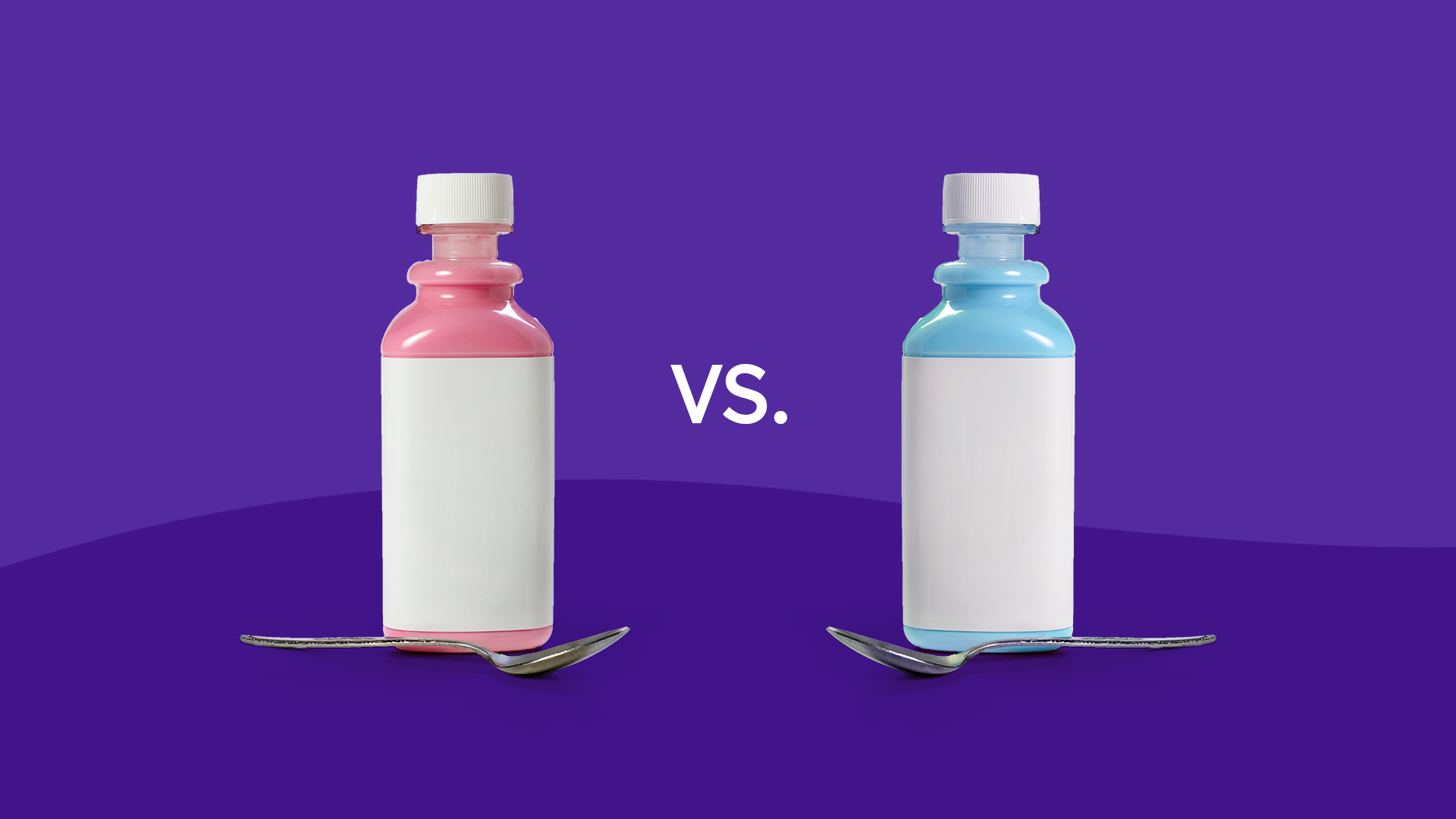


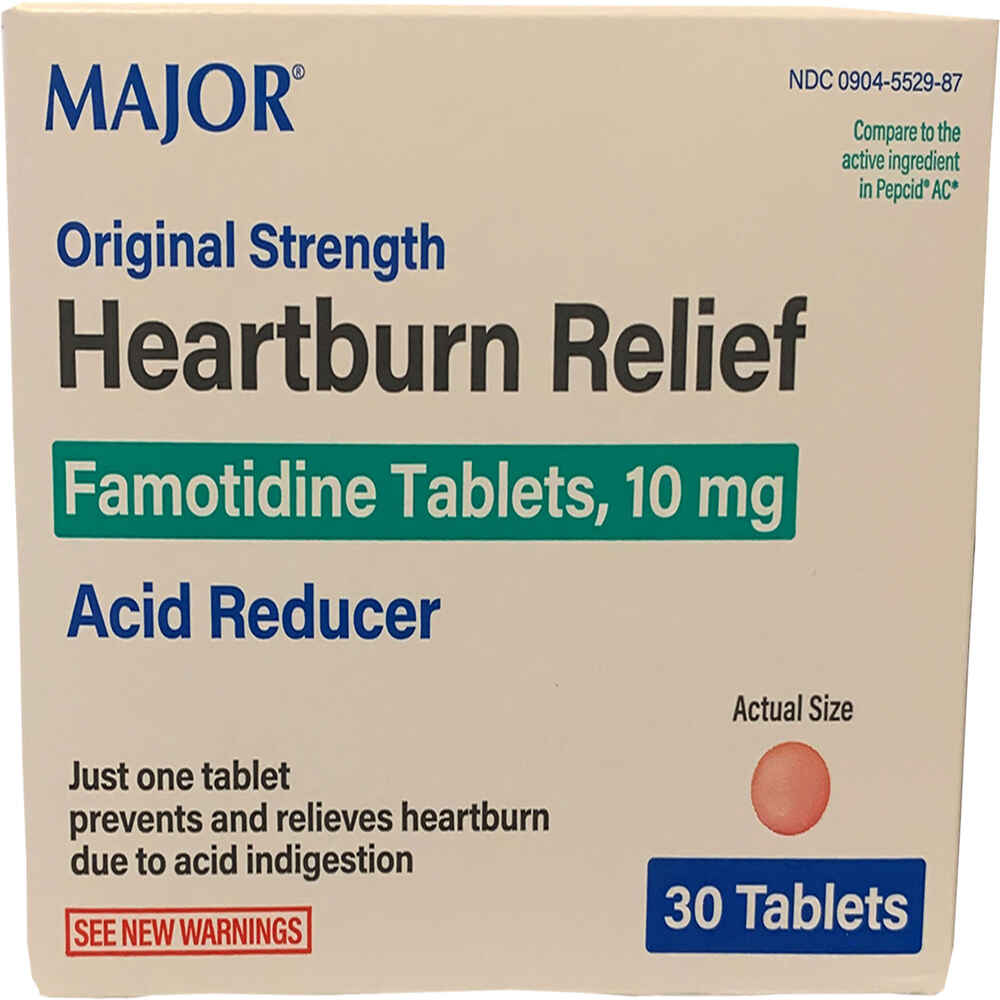





Post a Comment for "Famotidine And Kidney Disease"